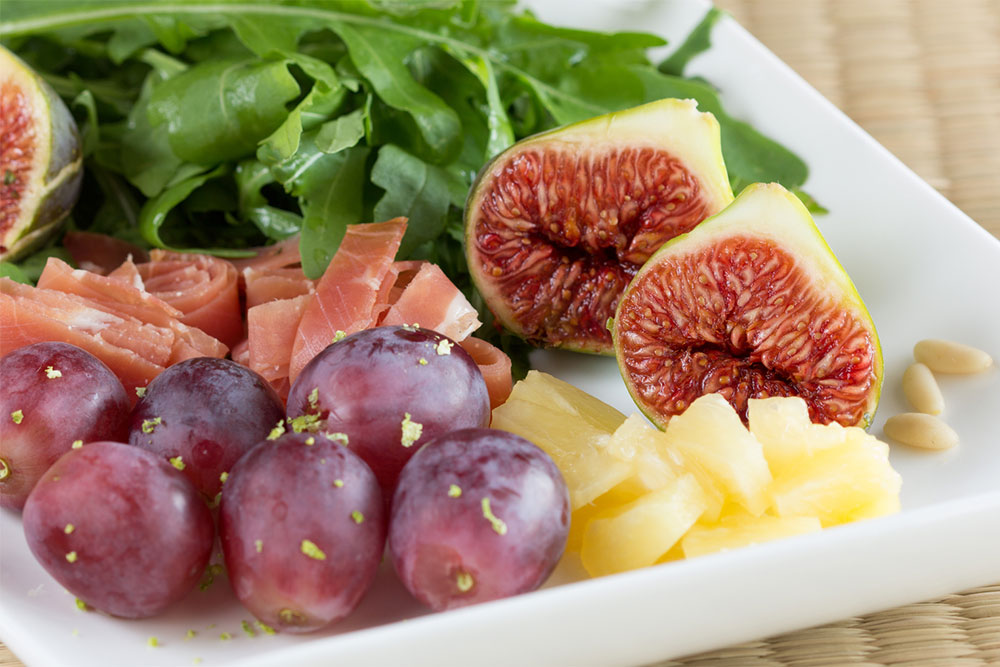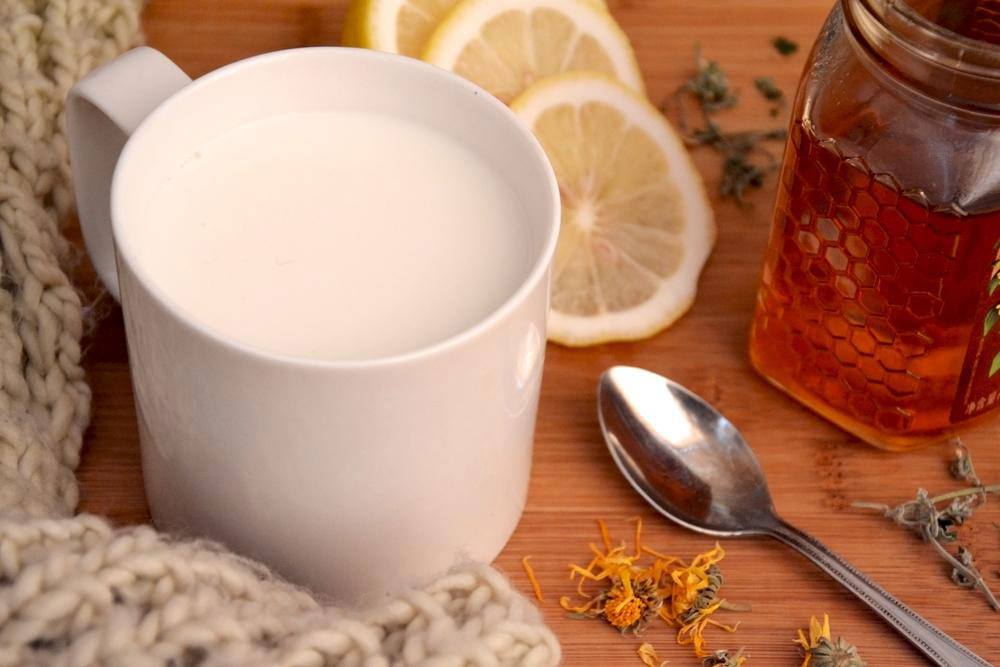Effective Dietary Strategies to Relieve Constipation and Support Digestive Wellness
Discover natural and effective dietary strategies to relieve constipation and enhance digestive health. Incorporate fiber-rich foods, probiotics, healthy fats, and hydration tips into your daily routine. This comprehensive guide offers practical advice for managing constipation sustainably and promotes overall gut wellness for all ages, especially seniors.

Effective Dietary Strategies to Relieve Constipation and Support Digestive Wellness
Constipation remains a common digestive issue affecting many individuals, particularly those over the age of 60. As people age, various factors such as decreased physical activity, dietary choices, and hydration levels contribute to increased susceptibility to constipation. It manifests through symptoms like infrequent bowel movements, straining during defecation, and hard stools. While some may turn to medications for relief, incorporating specific foods into daily diets offers a natural, safe, and sustainable approach to managing and preventing constipation. Enhancing digestive health through diet not only alleviates discomfort but also promotes overall well-being and regularity.
Maintaining Optimal Hydration: Adequate water intake is fundamental in preventing dehydration, a primary cause of constipation. Drinking enough water supports softening stools, making them easier to pass. Hydration is especially important during hot weather, physical exertion, or illness, when fluid loss is greater. Experts recommend drinking at least 8 glasses (about 2 liters) of water per day, adjusting for individual needs based on activity level and climate. Proper hydration forms the foundation of healthy digestion and helps maintain intestinal function.
Legumes and Pulses: Foods such as lentils, chickpeas, peas, and various types of beans are powerhouse sources of dietary fiber. Consuming these foods regularly boosts digestion and promotes regular bowel movements. Scientific research indicates that 100 grams of cooked pulses can provide nearly 26% of daily fiber needs, along with important nutrients like vitamin B6, zinc, folate, and potassium. The high fiber content adds bulk to stool, stimulates intestinal motility, and supports gut health.
Cruciferous Vegetables: Vegetables like broccoli, cauliflower, cabbage, and Brussels sprouts contain sulforaphane and other phytochemicals that support a healthy gut environment. Broccoli, in particular, helps modulate microbial growth, prevents overgrowth of harmful bacteria, and boosts bowel regularity. Incorporating these vegetables into meals not only provides fiber but also enhances the digestive process through their bioactive compounds.
Probiotic-Rich Dairy Products: Yogurt, kefir, and other fermented dairy foods are rich sources of probiotics—beneficial bacteria that improve gut flora and balance. Consuming probiotic-rich foods helps soften stools and promotes a healthy gut microbiome. Several studies, including a 2014 clinical trial, demonstrated that daily intake of 180 ml of probiotic yogurt over two weeks significantly improved bowel movement regularity in individuals suffering from chronic constipation, highlighting the value of probiotics in digestive health.
Fruits Supporting Digestion: Incorporate fruits like pears, apples, grapes, kiwis, raspberries, and blackberries into your diet. These fruits are naturally rich in fiber, water, and digestive enzymes. Pears and apples contain both soluble and insoluble fibers, sorbitol, and fructose, which promote stool softness and ease of passage. Grapes are high in water and dietary fiber, aiding hydration and bowel movements. Kiwis offer enzymes known as actinidin, which stimulate gut motility. Raspberries and blackberries provide a combination of fiber and water, further supporting healthy digestion.
Healthy Dietary Fats and Oils: Incorporate healthy oils such as extra virgin olive oil and flaxseed oil into your meals. Olive oil acts as a natural lubricant for the intestines, facilitating smooth stool passage. Flaxseed oil contains mucilaginous compounds and lignans that have mild laxative effects. Both oils possess anti-inflammatory and antioxidant properties, which help reduce digestive discomfort and support overall gut health.
Warm, Hydrating Soups: Consuming clear, warm broths and soups is an easy-to-digest way to hydrate the digestive tract. These liquids help soften stool and promote regular bowel movements. Soups also provide nourishment and comfort, especially when experiencing digestive sluggishness or discomfort. Including such dishes in your daily routine can make stool passage easier and more comfortable.
In summary, managing constipation effectively involves a combination of hydration, fiber intake, probiotics, healthy fats, and warm liquids. These dietary strategies support digestive health naturally, reduce discomfort, and promote regularity. Alongside a balanced diet, maintaining physical activity and managing stress are also vital for optimal gastrointestinal function. By choosing nutrient-rich, fiber-dense foods and staying well-hydrated, individuals can significantly improve their digestive health and enjoy a better quality of life.





